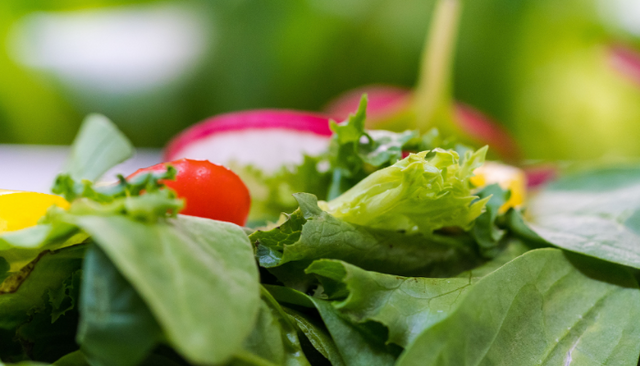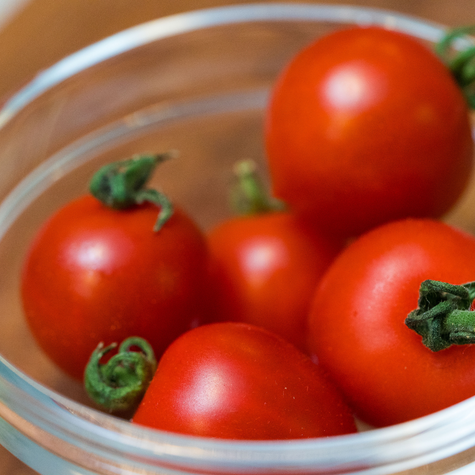We get a lot of questions about our seeds so we've rounded up the top questions and answers into one place!

What does “organic'' mean for seeds?
Organic seeds aren’t too different from the organic produce you find in the grocery store. Seeds labeled as organic are seeds that originated from a crop that was grown past harvest to collect its seeds without pesticides, chemical fertilizer applications, and on land that has been cultivated for at least 3 years according to the USDA’s National Organic Program (NOP) standards. These requirements ensure that the seeds you receive will produce 100% organic produce. That means more organic food for you and your loved ones!
Why don't we offer 100% organic seeds? What happens when you put organic seeds into our system?
We don’t offer 100% organic seeds because the plants grown in our gardens are fertilized with an inorganic nutrient supplement. This means the produce grown wouldn’t be organic, however, if you were to put your own organic seeds into our system, they would grow just the same. Although the crop produced cannot be classified as organic, the seed itself is still organic, and the purchase of those seeds supports organic practices. One way around this is to use organic nutrients, though there is still some debate about the validity of organic hydroponic farming. You can read more about organic nutrients here.
Are our seeds GMOs?
To start, there is a long standing debate between the use of GMO and non-GMO. What is GMO in the first place? GMO stands for “genetically modified organisms”. This means that people have intervened and modified the DNA of an organism using characteristics of other species to alter the qualities of the original species. Something labeled as non-GMO would be a product that was developed with no genetic modification whatsoever. GMO seeds are unavailable for individual gardener purchase and are only accessible to large-scale farmers at the moment.
The use of GMOs is banned in all organic products. Although we do not currently offer all our varieties as organic seeds, rest assured, all of our seeds for sale are non-GMO. If you’d still like to grow with organic seeds, our seedless pods are perfect for the job!



